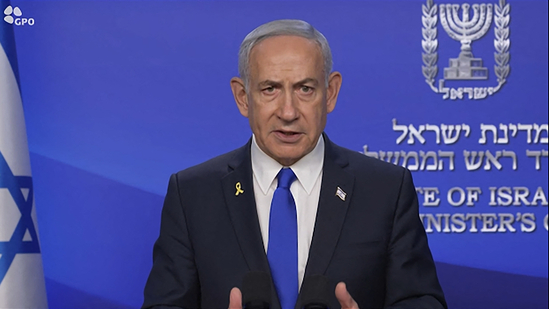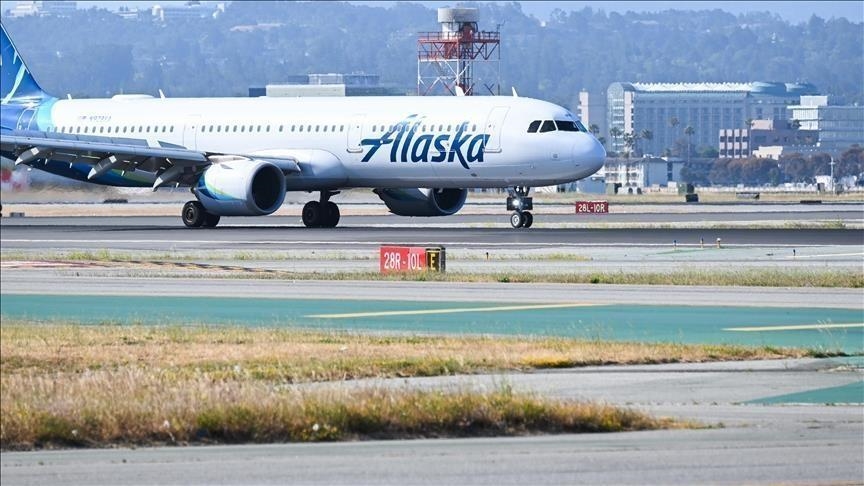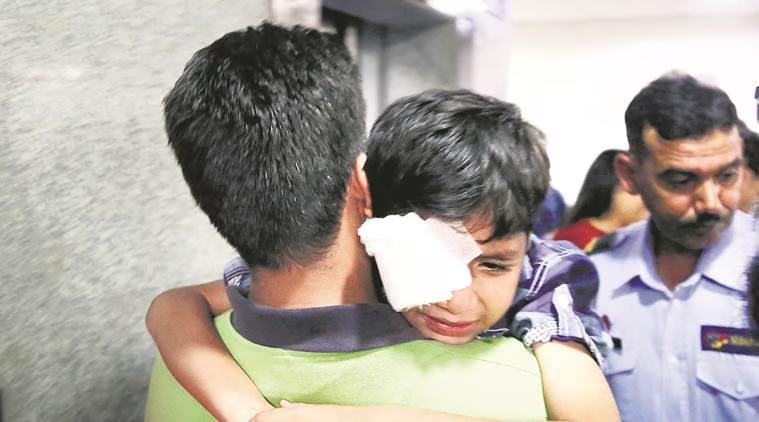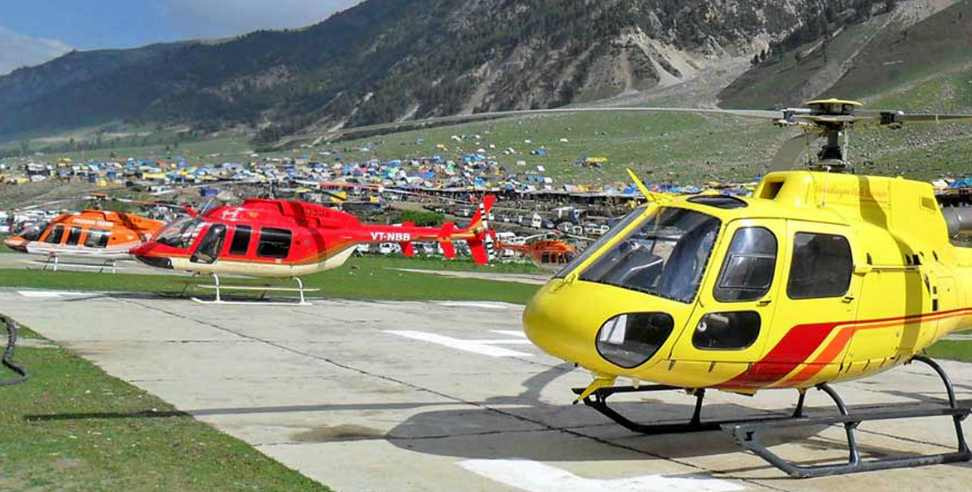Now Reading: Netanyahu Accuses Iran of Provoking ‘Forever War’, Warns of Nuclear Escalation
-
01
Netanyahu Accuses Iran of Provoking ‘Forever War’, Warns of Nuclear Escalation
Netanyahu Accuses Iran of Provoking ‘Forever War’, Warns of Nuclear Escalation

In a strong statement that has stirred global attention, Israeli Prime Minister Benjamin Netanyahu has accused Iran of intentionally pushing the world towards a prolonged conflict, even suggesting that the crisis is nearing nuclear risk levels. This fresh escalation in rhetoric highlights growing tensions in the Middle East, with concerns mounting about how it could affect global security and India’s strategic interests.
Netanyahu’s Alarming Remarks
During a recent press interaction, Netanyahu claimed that Iran’s ongoing actions — including its support for armed proxies and aggressive military posturing — are pulling the region into what he described as a “forever war.” He warned that the situation was nearing a tipping point, bringing the US and other global powers closer to a nuclear standoff with Tehran.
His comments came amid rising fears that indirect confrontations, such as missile exchanges and cyberattacks, may eventually spiral into direct military conflict.
Iran’s Role Under Scrutiny
Iran’s growing influence across the Middle East — particularly its backing of groups like Hezbollah and Houthi rebels — has long been a source of friction. The recent accusations suggest that Israel sees Iran’s actions not just as regional aggression but as a direct threat to global peace.
While Iran has denied any intent to escalate the conflict, its nuclear program continues to be a subject of intense international debate. Talks on nuclear deal revival have stalled, and recent satellite imagery has shown suspected expansion of Iranian nuclear facilities.
Global Reactions and Strategic Implications
Countries like the US have expressed support for Israel’s security concerns, but also called for restraint. For India, which maintains diplomatic ties with both Israel and Iran, the rising hostility presents a delicate balancing act. Any conflict escalation could impact oil imports, regional trade, and the safety of Indian diaspora in West Asia.
Tier 2 cities in India — such as Nagpur, Indore, and Coimbatore — with significant numbers of workers in Gulf nations, may be directly affected if tensions lead to travel restrictions or job losses in the region.
A Call for Diplomacy
While Netanyahu’s statement sounds an alarm, many international observers continue to push for diplomacy. De-escalation remains crucial, especially when nuclear warnings enter the conversation. Countries like India may play a quiet but important role in back-channel talks or humanitarian coordination if the situation worsens.
Conclusion
Netanyahu’s claims mark a serious turn in the already-tense Israel-Iran equation. As global leaders assess the risks, including nuclear dimensions, the coming weeks could prove decisive in shaping the region’s future. For India and its citizens with close ties to the Middle East, staying informed and prepared is now more important than ever.

























